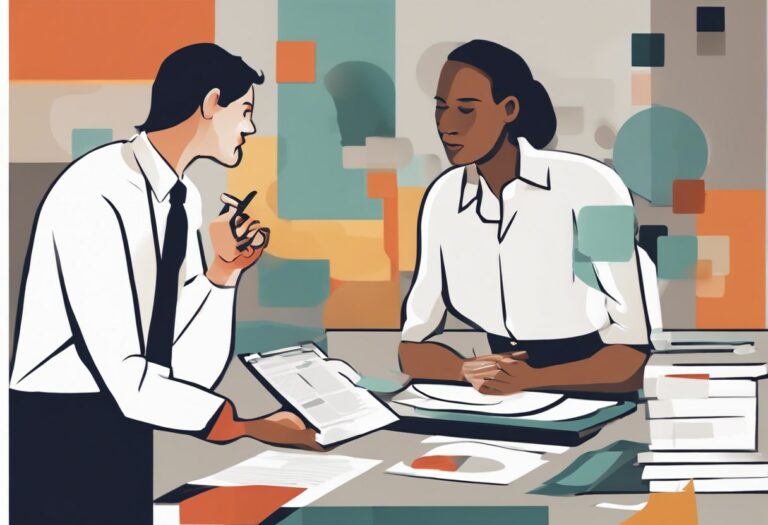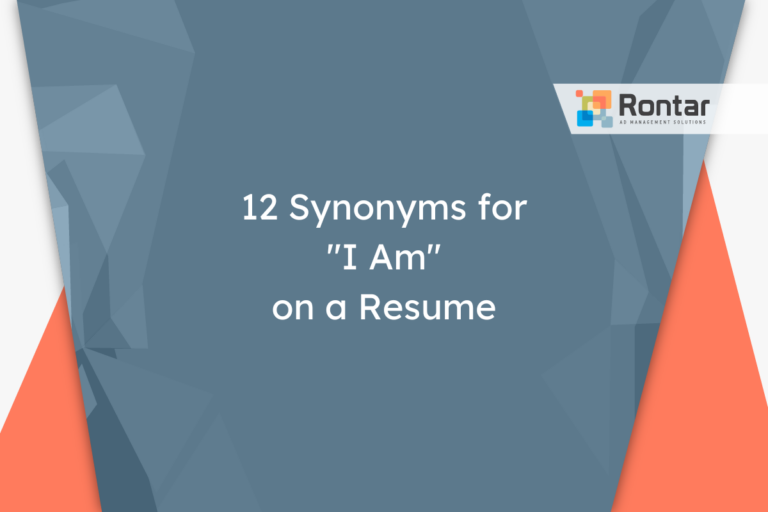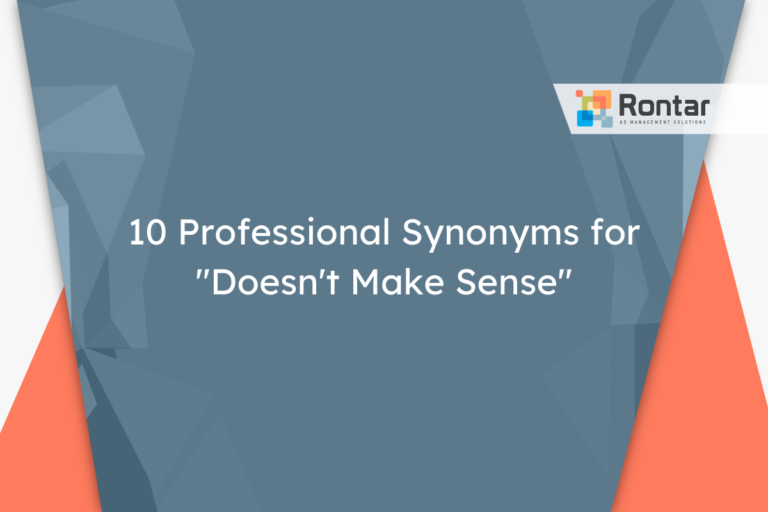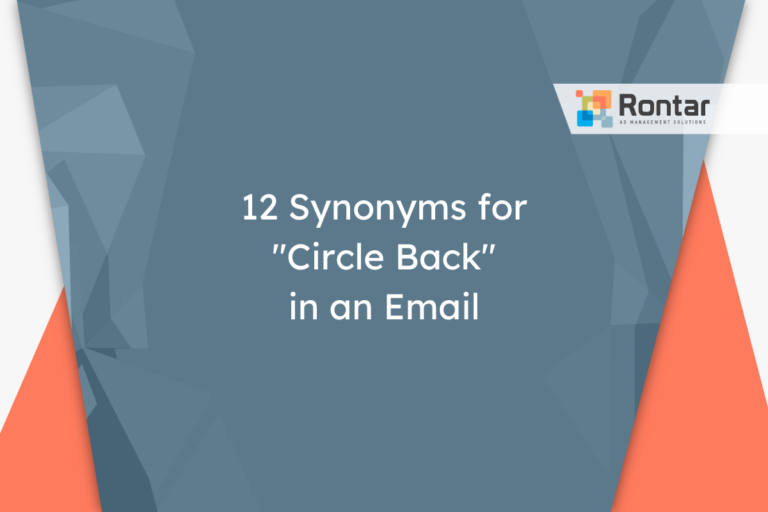10 Formal Synonyms for “See You Then”

How you say goodbye can matter as much as how you say hello. “See you then” is a common phrase many of us use, but it may not always fit the formality of every situation.
This article explores ten formal alternatives to “See you then” that are perfect for workplace emails or meetings. Each alternative is accompanied by usage examples and situations where they shine the brightest.
Is It Formal to Say “See You Then”?
The phrase “see you then” falls more on the informal and polite side of communication. This phrase carries a casual tone that’s suitable for relaxed conversations or settings. It’s widely used in everyday language and implies a certain level of familiarity and comfort between the speakers.
It’s best suited for informal meetings or casual get-togethers. Whether you’re planning a coffee catch-up with a friend or scheduling a non-formal meeting with a colleague, “see you then” can be an appropriate way to conclude the conversation. It’s also widely used in digital communications, like emails or messages, where the tone is friendly and easygoing.
Here’s a short example:
Hi Lily,
Thank you for agreeing to meet next Wednesday to discuss the project updates. I've booked the conference room for 2 PM.
Looking forward to it, see you then.
Best regards,
Tom
Pros:
- Conveys a friendly and approachable tone.
- Indicates a mutual understanding about a future meeting.
- Simple and straightforward, making it easy to use and understand.
Cons:
- May be seen as too casual for very formal or professional settings.
- Could be perceived as informal if the recipient prefers traditional forms of communication.
- Lacks formality, which might not align with certain organizational cultures.
Although “see you then” works well in many scenarios, someone might look for alternatives to match the formality of specific situations or simply to add variation to their communication.
10 Other Ways to Say “See You Then”
If you’re looking for a more professional touch in your communication, here are ten formal alternatives to “see you then” that can be used in a workplace environment:
- Looking forward to our meeting
- Until then
- See you at the scheduled time
- Awaiting our discussion
- Excited for our upcoming meeting
- Anticipating our meeting with interest
- See you on the designated date
- Eager to meet then
- Let’s reconvene then
- Regards until that time
1. Looking forward to our meeting
This alternative conveys a similar meaning to “see you then” but with a polite and professional tone, making it perfect for business correspondence. It adds a layer of enthusiasm about the upcoming interaction, suggesting that you value the meeting and are eager about what it might bring. Additionally, it subtly communicates that you are positive and looking forward to collaborating or discussing.
This phrase works well with colleagues, clients, or any professional contacts. It is suitable for emails and formal letters in a workplace setting.
Example:
Dear Mr. Thompson,
Thank you for setting aside time for our meeting next Thursday. Looking forward to our meeting.
Best,
Mark
2. Until then
“Until then” is a more concise synonym that carries a formal, yet understated tone. It’s a versatile option that’s suitable for a wide range of professional settings, from emails to official documents. This phrase implies that there is a specific agreed-upon time for the next meeting or interaction, leaving no ambiguity about future engagements. It’s brief and to the point, making it a good choice for those who prefer direct communication.
This is ideal for professional correspondents through any formal communication medium, such as emails, memos, or letters.
Example:
Hello Team,
Please prepare the quarterly report updates for our discussion on Friday. Until then.
Regards,
Samantha
3. See you at the scheduled time
This phrase is a direct and formal alternative, clearly stating the intention to meet at a previously agreed time. It is particularly useful for reaffirming the time of the meeting, ensuring there’s no confusion about when the meeting is set to occur. While it might lack the warmth of other phrases, its clarity makes it useful in a professional setting where details matter.
Appropriate for use in emails or messages to colleagues and professional contacts, especially when confirming meeting details.
Example:
Dear Emily,
All details for the project plan have been finalized. See you at the scheduled time.
Warm regards,
James
4. Awaiting our discussion
This synonym is both polite and professional, setting a constructive tone for the upcoming meeting. It signals anticipation and readiness for dialogue, suggesting that you are mentally prepared and looking forward to the exchange of ideas. It’s a great way to emphasize the importance of the meeting’s content over the meeting itself.
It’s best used in email communications with colleagues or clients where the focus is on the upcoming discussion’s content.
Example:
Hello Susan,
I've compiled the research data for our review. Awaiting our discussion.
Best,
Alex
5. Excited for our upcoming meeting
This alternative adds a layer of enthusiasm and anticipation, indicating not just a readiness but an eagerness for the scheduled time. It’s somewhat less formal than others, but remains polite and professionally acceptable. This phrase is ideal when you want to convey positivity and look forward to collaborative prospects.
It suits communications with team members or clients, where you wish to build a positive rapport or express genuine interest in the meeting’s agenda.
Example:
Dear Jonathan,
Following our initial discussions, I've outlined several strategic proposals. Excited for our upcoming meeting.
Kindly,
Nora
6. Anticipating our meeting with interest
This synonym conveys a professional and polite eagerness towards the upcoming meeting, suggesting that you are not only prepared but also keenly interested in the topics of discussion. It’s a more formal way of expressing enthusiasm, making it suitable for communications where maintaining a balance between professionalism and eagerness is essential.
Good for email correspondences with colleagues, superiors, or new clients, particularly when discussing new ventures or projects.
Example:
Dear Ms. Patel,
Thank you for agreeing to share your insights on the new project proposal. Anticipating our meeting with interest.
Sincerely,
Erik
7. See you on the designated date
This phrase is straightforward and formal, emphasizing the specificity of the meeting time. It reassures the recipient that the sender is aware of and respects the agreed-upon schedule. Purely informational, it works well when the conversation’s emphasis is more on the logistical side rather than the content or relationship between the parties.
Best used in communications with any professional contacts when confirming the details of planned meetings or events.
Example:
Dear Dr. Allen,
Your consultation on the upcoming health initiative will be invaluable. See you on the designated date.
Regards,
Laura
8. Eager to meet then
This expression is a bit more informal than others but still maintains a polite and professional demeanor. It subtly implies excitement about the future meeting, making it a good choice for friendly yet professional exchanges. While it communicates anticipation, it also keeps the focus on the importance of the forthcoming meeting.
Suitable for emails to peers or colleagues with whom you have an established relationship and are planning future discussions.
Example:
Hello Carl,
I've drafted the updates for our next project phase. Eager to meet then.
Best,
Linda
9. Let’s reconvene then
This phrase is professional and directly addresses the action of meeting again at a specific time. It is especially relevant in scenarios where ongoing discussions or projects are in play, and the meeting is a continuation of previous conversations. “Let’s reconvene then” carries a procedural tone that is ideal for workplace communication where continuity is key.
Primarily used in emails or official notifications within work groups or teams, especially when scheduling follow-up meetings or sessions.
Example:
Hello Team,
After reviewing yesterday's outcomes, it's clear we need to discuss our next steps. Let's reconvene then.
Warmest regards,
Derek
10. Regards until that time
This alternative is a formal and somewhat unique way of expressing farewell until the next meeting. It implies both a salutation and a reference to the future meeting, making it suitable for ending an email on a polite and anticipatory note. While not commonly used, it offers a distinctive and formal way to signal the end of one communication and the look forward to another.
Best for use in emails or letters to professional contacts, particularly when you want to leave the recipient with a lasting impression of formality and respect.
Example:
Dear Ms. Thompson,
Thank you for your insights during our last discussion. Regards until that time.
Yours sincerely,
George
Final Thoughts
Choosing the right way to say “See you then” in a professional setting can make a big difference in how your message is received. The ten alternatives provided offer a range of options to match the tone and formality of various workplace situations. By selecting the appropriate phrase, you can effectively communicate your anticipation for the next meeting while maintaining a professional demeanor.






